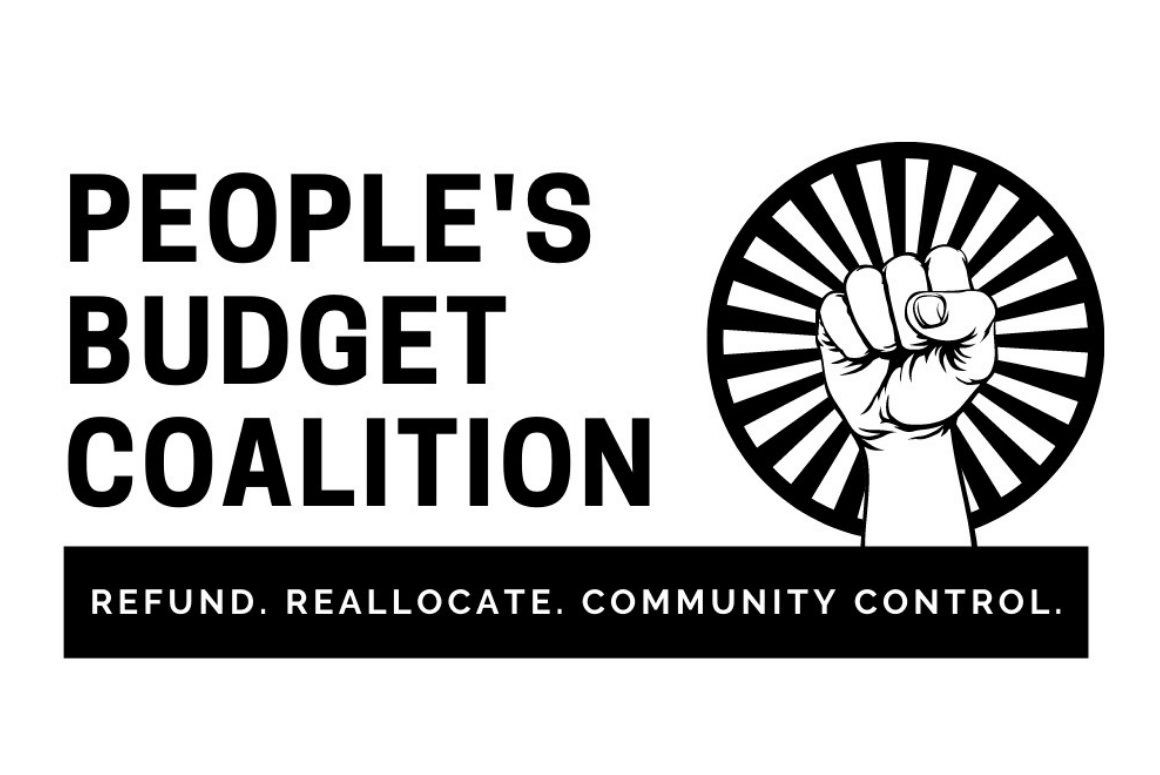Campaign for Safe and Just Communities
South Carolina (and America) was built on a racist and exploitative foundation. To build safe and just communities we must first recognize that our current policies and institutions were built upon this foundation.
Black, Brown, and Indigenous people are more likely to lack housing, transportation, a living wage, quality public education, comprehensive health care, healthy foods, clean air and water and affordable credit, to name just a few things.
Black, Brown, and Indigenous people are stopped, arrested, convicted and incarcerated at staggering rates compared to white people — and they are more likely to be harassed, shot, and killed by the police.
We have two justice systems — one for the rich and one for the poor.
None of this is by accident.
These outcomes are the natural result of a system of racist policies and economic exploitation that has governed our country since its beginning. From colonization and slavery to the abandonment of the promises of Reconstruction to the era of Jim Crow laws to modern racist and exploitative policies including regressive taxation, redlining, and the war on drugs, America has systematically exploited and denied the basic human rights of Black, Brown and Indigenous people. And while Black, Brown and Indigenous people face the brunt of these injustices, poor white and other marginalized people are harmed, too.
Yet in a country where a child’s future is too often determined by their ZIP code at birth, simply eliminating racist and exploitative policies is not enough.
Justice also requires America to confront its history. The consequences of America’s racist and exploitative history are everywhere, from the disproportionate number of COVID-19 deaths in Black, Brown, and Indigenous communities to a vast racial wealth divide that has left Black families with a median household wealth of $17,000 (compared to $171,000 for white families).
To confront our history we must not only dismantle these racist and exploitative policies and the institutions they prop up, but also take affirmative steps, including reparations, to begin to repair the harms created through centuries of oppression — harms that continue to this day.
This racist and exploitative history is our starting point. We must ensure that all solutions are crafted using a racial justice lens.
We must finally build a society where “We the People” means everyone. Now is the time.

